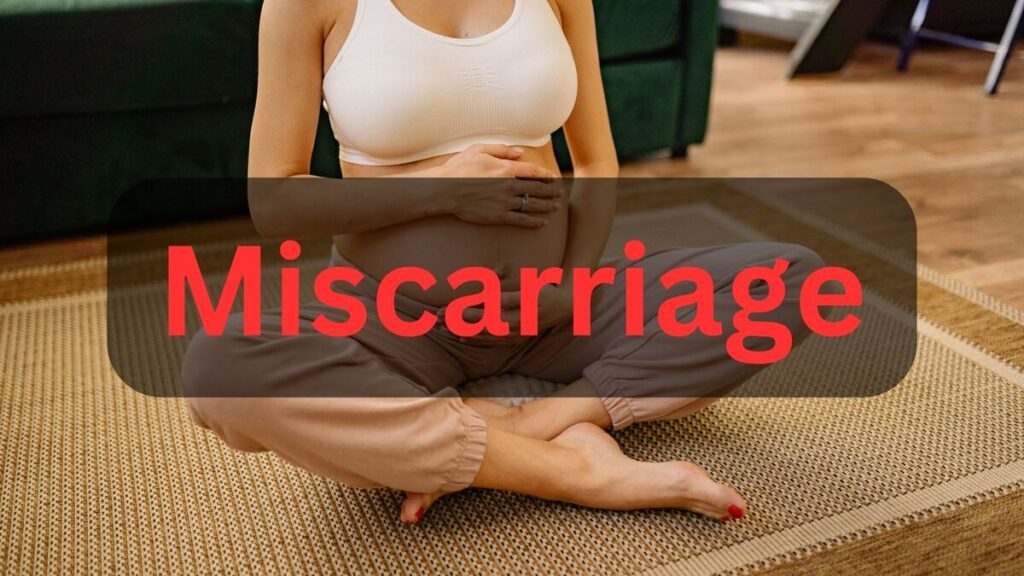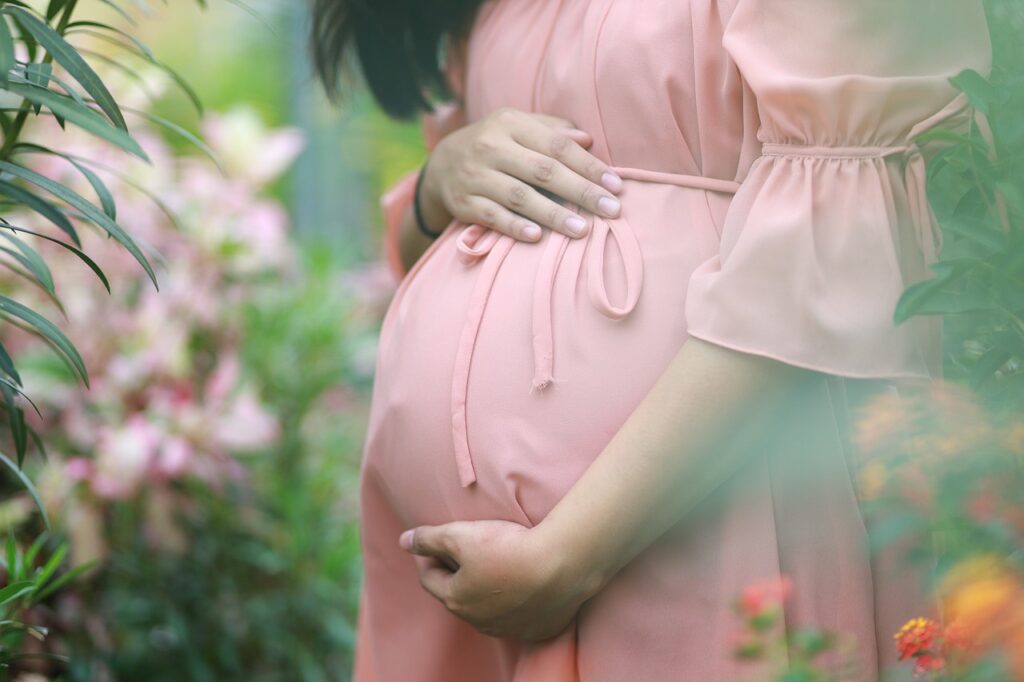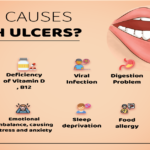
That is one of the most frequent questions: when to conceive after a miscarriage. When the couple faces such pregnancy loss of a child, they often ask when it would be a good time to try again. Based on personal circumstances and doctors’ advice, the decision varies.
Doctors generally recommend waiting a few weeks to months before starting to conceive. During this time, the body can heal the loss physically and mentally. It is probably just as important to plan the next pregnancy as it is to take some time to grieve and heal. You can only prepare for the next pregnancy by being able to sit face to face with your doctor and other medical professionals who will give you advice concerning your case, including reasons for the miscarriage, general health, and emotional preparedness.
It is a very agonizing experience for any couple. More so, in the case of a female, it is painful both physically and psychologically. Getting pregnant again after a miscarriage can be a matter of concern for many couples. Because once a woman loses her child, she becomes afraid of conceiving again. If you are planning pregnancy again after miscarriage, then it is important to keep some things in mind. Often this question comes to the mind of many couples how much time after abortion should they conceive?
Why does miscarriage happen?
A miscarriage is the termination of a pregnancy before the twentieth week for a variety of reasons, many of which are still poorly understood. Chromosome abnormalities in the fetus are a common cause, as they can hinder appropriate development and cause the pregnancy to end spontaneously. These anomalies are usually sporadic and unrelated to the health or habits of the mother or father. Age may also play a role since older moms are more likely to miscarry because of an increased likelihood of chromosomal problems in the eggs.
Other medical issues of the mother may include uncontrolled diabetes, thyroid problems, or autoimmune disorders that could also be a cause for miscarriage. These disorders may directly affect the fetus or impair the mother’s capability to sustain the pregnancy. Besides that, anatomic issues with the uterus or cervix, ranging from uterine fibroids to cervical incompetence, may contribute additional distress to carrying the pregnancy to full term, or even to stabilize it, for that matter, with an increased risk of miscarriage.
On occasions, miscarriages can be environmentally induced, such as by certain chemicals or toxins, although these cases are less common and often harder to establish with complete certainty. Other well-known but possible causes of an increased risk of miscarriage may be associated with the following lifestyle choices: drug and alcohol abuse, cigarette smoking, and excessive consumption of alcohol. It is critical to emphasize that usually miscarriages happen when there is no known cause, and parents, along with professionals, have to look for reasons to explain such a difficult time of loss and sorrow.
Table of Contents
When to Get Pregnant After Miscarriage: A Timetable and Consideration Guide

A miscarriage is perhaps one of the most difficult and trying periods in the lives of a couple desiring to extend their family. Besides all the feelings of sadness and loss, many wonder when to try again. This decision requires serious medical consideration as well as emotional preparedness.
Time and Physical Healing
The timing of a miscarriage and when to conceive again depend on one of the most important factors: physical healing. Most doctors usually suggest at least one menstrual cycle before conceiving again. Within this time, the body will be perfectly recovered from both the hormonal and physical health aspects.
This ensures that the uterus has fully lost its lining for the best conditions of a healthy pregnancy. Precise timing, however, may vary by several factors that include but are not limited to the causative reason for the miscarriage and any underlying medical condition.
Readiness on an Emotional Level
When one considers trying for a baby again, psychological preparedness can be as significant as physiological well-being. Miscarriage is traumatic on a psychological level and requires time to heal and grieve. Individuals and couples must acknowledge their feelings and seek support if needed before embarking on another pregnancy journey.
When is it safe to have sex after an abortion?
After abortion, it is advised to wait for a few months before planning pregnancy again. Generally, it is advised not to have physical relations for two weeks after an abortion because of the risk of infection. One should wait for at least one period (4 to 6 weeks) before conceiving so that the body can completely recover and be ready to conceive again. In many cases, doctors may advise not to have physical relations for 1 to 3 months.
How many days after miscarriage can you conceive?

Typically, women can start ovulating 2 months after an abortion. This is considered a good time to plan pregnancy. Research has shown that 70% of women can usually conceive again within the next 3 months after abortion.
It is important to be emotionally prepared
Before trying to conceive again after abortion, it is important for the woman to completely recover physically as well as emotionally. After a miscarriage, it may take time for a woman to normalize her mental state. In such a situation, you need to be physically and mentally fit before conceiving again.
Assistive Systems
It is all about the formation of a healthy support system during this period. Emotional support through therapy, self-help groups, or simply talking to close people can help make informed choices about family planning and also aid the grieving process.
Get yourself checked by a doctor once

The best person to advise you on when to conceive again after a miscarriage is your doctor. You should consult an obstetrician or gynecologist, considering your medical history, the kind of loss, and your general health.
Your doctor will be able to tell you whether it is safe to try again based on the condition and even recommend some additional tests or safety measures. The most important thing is to see your physician regarding the timing for trying to conceive following a miscarriage. After conducting a proper checkup, they will be in a better position to advise on the best time. They will tell you the best time after checking your health comprehensively. They can suggest the right time to conceive after thoroughly examining your health.
Conclusion
There is no rule of thumb as to when pregnancy should occur after a miscarriage. This has to be an extremely personal decision that needs to take account of both emotional and physical healing. During this vulnerable time, it is comforting to consider health professionals and support networks for clarity and assurance. Listening to one’s body and heart is perhaps the most vital thing to remember when trying to get things started again, after the occurrence of a miscarriage.
Disclaimer
The information shared in our articles is being shared for informational purposes only and should not be considered as medical advice. A specialist’s advice ought to be required for every illness or particular medical condition. The treatment process should be started only based on doctor/expert advice.
Views: 0














Pingback: Mouth ulcers causes-09 home remedies can get it treated
Pingback: Pregnancy of 5 months-Baby's growth-in fifth months